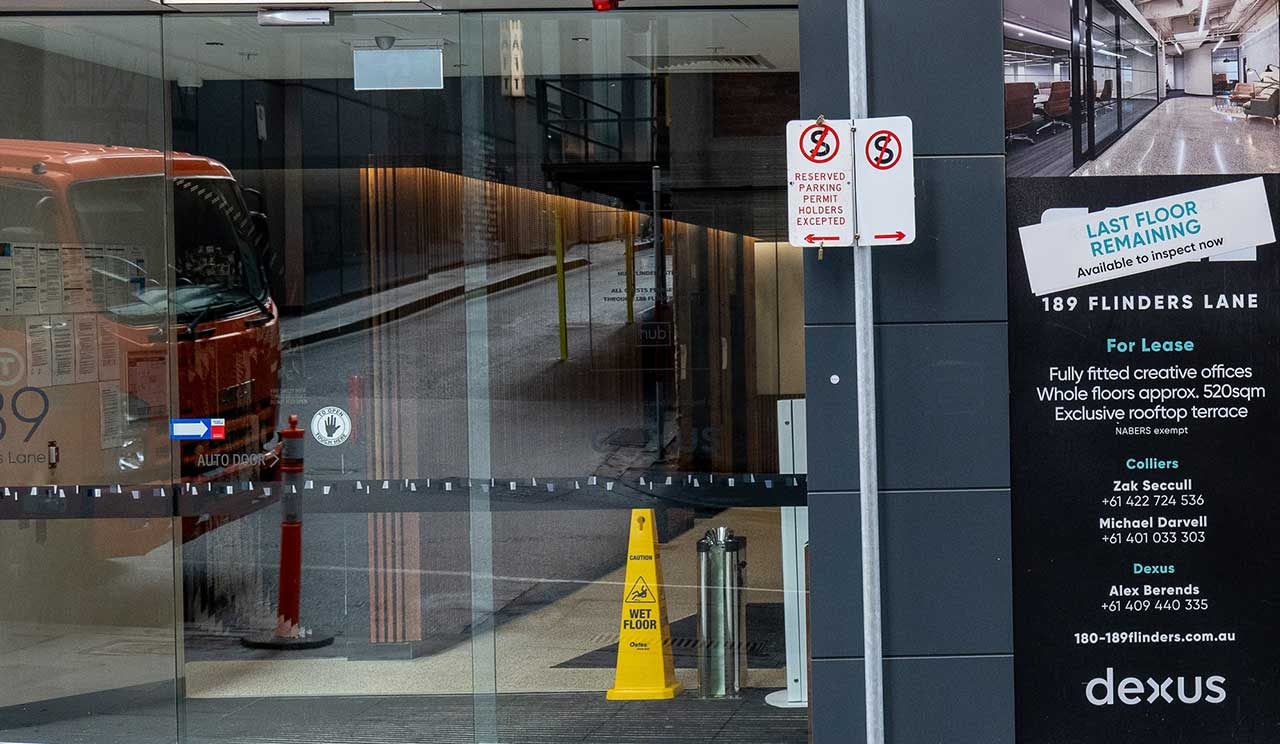This article is from the Australian Property Journal archive
AUSTRALIA’S largest owner of office towers, Dexus, is expecting higher interest rates to continue to impact its results in FY23, but has upgraded its full-year guidance.
Dexus posted a $23.1 million interim statutory profit after tax, down 97.1% as a result of lower property revaluation uplift. Underlying funds from operations (FFO) slipped 9.3% to $340.4 million, or 36.2c per security driven by higher net interest costs, the impact of divestments and non-recurring income from development-impacted properties in the prior half, partly offset by growth in management operations FFO.
Adjusted FFO lifted 2.8% to $310.8 million, or 28.9 cps.
It updated its guidance to deliver distributions of 51.0 to 51.5 cps for FY23, reflecting the higher end of its previously stated guidance range.
“Dexus has demonstrated resilience in a challenging environment, with our portfolio maintaining strong occupancy and continuing to benefit from the flight to quality,” Dexus chief executive officer, Darren Steinberg said.
“Recycling assets and proactively managing capital has also enabled us to maintain a strong balance sheet,” he said. Dexus has announced $773 million of balance sheet divestments since reporting its FY22 results.
“The macroeconomic environment remains challenging with rising interest rates, ongoing supply chain disruptions, a global energy crisis and geopolitical risks contributing to continued economic uncertainty. Higher interest rates will continue to impact our results in FY23.”
External independent valuations resulted in a total $242.2 million or circa 1.4% decrease on prior book values for the period to the end of December, with positive rent growth partially offsetting the impact of capitalisation rates expanding by 16 basis points on average across the portfolio.
Dexus manages a $23.5 billion group office portfolio, $12.9 billion of which sits in the Dexus portfolio. The weighted average capitalisation rate of the Dexus office portfolio softened 14 basis points to 4.89% over the six months.
Steinberg said stabilised leasing volumes were up materially compared to the second half of FY22, and market data shows that physical occupancy improved during 2022 in all four CBD markets. Large tenant enquiry has picked up, however conversion times have increased given economic uncertainty, he said.
“The results highlight the resilience of Dexus’ good-quality portfolio of assets across office and industrial in a challenging environment,” said Saranga Ranasinghe, vice president, Moody’s Investors Service.
“Dexus maintained strong occupancy levels, well above market average, with the portfolio benefiting from a flight to quality. However, we expect office leasing incentives in all capital markets to remain elevated in the next 12 months, lowering effective rents.”
Office portfolio like-for-like income growth was 3.2%.
Dexus’ group industrial portfolio totals $11.6 billion, $4.2 billion of which sits in the Dexus portfolio. Average incentives came down from 13.5% to 10.9%, while the weighted average capitalisation rate softened 17 basis points to 4.46%. Executive general manager, industrial, retail and healthcare, Stewart Hutcheon said there is the opportunity to grow income by resetting the rents on vacancy and upcoming lease expiries across approximately 20% of the portfolio by FY24.
Like-for-like income growth over the half was 2.4%.
Rent collections across both the office and industrial portfolio was a strong 98.9%.
The group development pipeline now stands at a cost of $15.8 billion, of which $8.8 billion sits within the Dexus portfolio and $7.0 billion within third party funds. Dexus has just started work on its $2.5 billion overhaul of the Eagle Street waterfront precinct in the Brisbane CBD, and has progressed on the future headquarters of Atlassian in Sydney’s Tech Central precinct, and received approval for the $3 billion Central Place Sydney nearby that it is developing with Frasers Property Australia.
Dexus was a net seller of assets during the period, repaying debt with proceeds from asset sales to reduce gearing to 25.6%, below the target gearing range of 30% to 40% and which provides Dexus with ample headroom against potential asset devaluations in the current environment.
“We expect the REIT to re-allocate capital to new developments and the funds management business,” Ranasinghe said.
Dexus manages $26.3 billion of funds across 19 funds within its diversified funds management business. Dexus is in the process of acquiring the Collimate business from AMP Capital, which will add $18 billion to its business.




